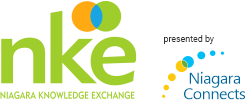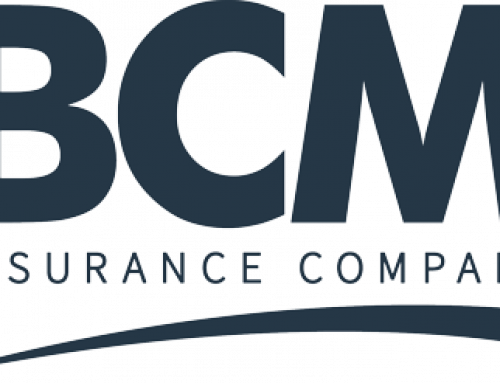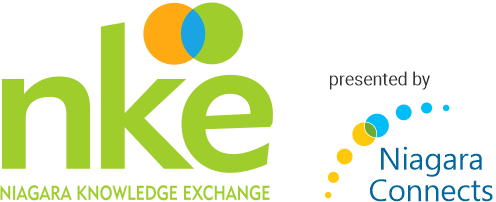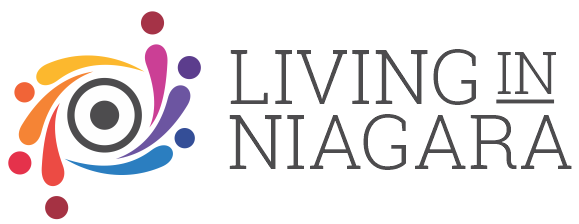Niagara Region has engaged with the Canadian Centre for Economic Analysis (CANCEA) to produce a single source of housing-related data that clearly delineates housing need. This new database supports the Region’s work on the 10-year Housing and Homelessness Action Plan, by advancing our understanding of the housing landscape in Niagara.
The database contains key housing metrics and detailed demographic and housing trends for Niagara at both the regional and lower-tier municipal level. This enables analysis of need among priority populations, including older adults, people living on a low income, Indigenous people, immigrants, and individuals experiencing homelessness.
Statistics Canada defines Core Housing Need* as: a household whose dwelling is considered unsuitable, inadequate, or unaffordable and whose income levels are such that they could not afford suitable and adequate housing in their community.
Key findings from analysis of the data, presented in the Niagara Housing Statement, include:
- Of those in Core Housing Need*, 84% (or 20,002 households) are single person or roommate households (non-family, including seniors), and 14% (or 3,254 households) are lone-parent households.
- 73% of the total housing stock is low density, 21% is medium density, and 5% is high density. 71% of the renter population lives in medium or high density homes.
- Almost half of all renter households in Niagara are spending over 30% of income on shelter, compared to 16% of owner households.
The new database was presented at the April 17, 2019 meeting of the Niagara Region Planning and Economic Development Committee. To view the CANCEA presentation to the Committee, go to this link (starting at 30:44) https://www.youtube.com/embed/86ez_vl0Fdo?rel=0&autoplay=1.
In follow-up, the database is being distributed by Region staff to local municipalities throughout Niagara. Next, Region staff will organize a working session with local municipal staff, to review the data and identify local and regional trends. The lower-tier municipalities have indicated that having access to this data will be valuable to inform their municipal-level housing studies and related initiatives.
The Niagara Connects Team
Contact: Mary Wiley, Executive Director
ed@niagaraconnects.ca








